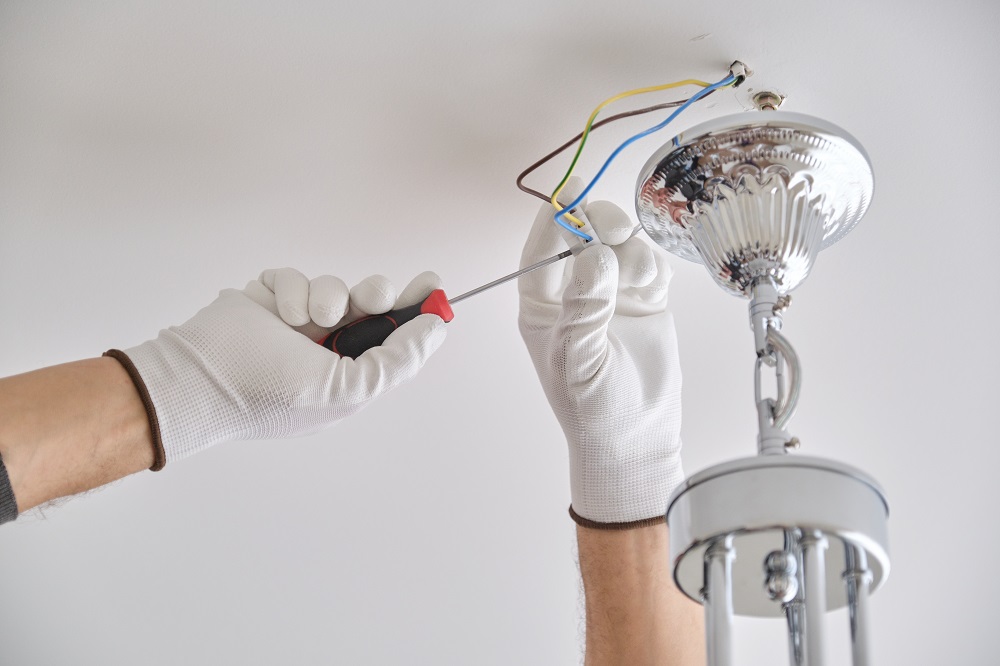Ensuring that your home’s wiring is up to code is essential for both safety and efficiency. With the complexities of electrical systems, it’s easy to overlook crucial aspects of wiring. At One & Only Electrical Service, we understand the significance of regular inspections and staying compliant with electrical codes. This comprehensive guide will delve into what you need to know about electrical inspections, common wiring issues, and how to ensure your system is safe and effective.
Understanding Electrical Codes
What Are Electrical Codes?
Electrical codes are a set of regulations that dictate the safe installation and maintenance of electrical systems in homes and commercial buildings. These codes are designed to protect people and property from electrical hazards. They include guidelines on:
- Wiring materials: Such as copper and Romex wire.
- Installation techniques: How to wire outlets and install various electrical fixtures.
- Safety standards: Ensuring that electrical systems function correctly without posing risks.
Why Do Codes Matter?
Following electrical codes is crucial for safety and legal compliance. Failure to adhere to these standards can lead to serious consequences, including:
- Electrical fires: Poorly installed wiring can easily overheat and cause fires.
- Injuries or fatalities: Faulty wiring can lead to electric shocks or worse.
- Legal repercussions: Non-compliance can result in fines and complications when selling a property.
The Importance of Regular Inspections
1. Identifying Potential Hazards
Regular inspections are key to spotting potential hazards before they become major issues. An experienced electrician will look for:
- Damaged wire connectors: Worn connectors can cause arcing and overheating.
- Improper installations: Issues with wiring an outlet or installing fixtures incorrectly can be dangerous.
- Outdated materials: Older wiring, such as copper wire or outdated Romex wire, may not meet current safety standards.
2. Ensuring Compliance with Codes
During an inspection, licensed electricians will verify that your wiring adheres to local and national codes. This compliance ensures that your home is safe and up to standard, which is especially important if you plan to sell your home or install new systems like an electrical vehicle charging station or a home solar system.
3. Cost-Effectiveness
Catching problems early can save you money in the long run. Repairing minor issues identified during inspections is significantly less expensive than dealing with the aftermath of a major electrical failure. For example, having your circuit breaker replaced or your electric panel upgraded can prevent larger issues down the road.
Common Wiring Issues Found During Inspections
1. Overloaded Circuits
Overloading occurs when too many devices draw power from a single circuit. This can lead to tripped breakers or overheating wires. Electricians will assess circuit loads during inspections to ensure they are appropriately balanced.
2. Faulty Outlets
Electrical outlet installation and repair is a common issue. Inspectors will check for:
- Grounding issues: Ensuring outlets are properly grounded to prevent electric shocks.
- Loose connections: Identifying outlets that may not securely hold plugs, which can lead to overheating.
3. Poor Grounding
Proper grounding is essential for safety. Inspectors will evaluate your grounding system, which protects your home from electrical surges and reduces the risk of shocks.
4. Improperly Installed Wiring
Improperly installed wiring can lead to dangerous situations. Inspectors will look for:
- Incorrect wire gauge: Using the wrong size wire can lead to overheating and fire risks.
- Inadequate junction boxes: Junction boxes that are too small or improperly sealed can pose hazards.
The Inspection Process
What to Expect
- Visual Inspection: The electrician will conduct a thorough visual examination of the wiring, outlets, and circuit breakers for any obvious issues.
- Testing Equipment: Specialized tools will be used to test various components of the electrical system, including:
- Voltage levels
- Circuit load
- Grounding integrity
- Documentation: After the inspection, the electrician will provide a detailed report of their findings, including any recommendations for repairs or upgrades.
How Often Should You Schedule Inspections?
- Every 3-5 years: Regular inspections are recommended to ensure ongoing safety and compliance.
- After major renovations: If you’ve made significant changes to your home, an inspection is essential.
- When buying or selling a home: A thorough inspection can reveal potential issues before a sale.
FAQs
Q: How do I know if my wiring needs an inspection?
A: Signs that you may need an inspection include flickering lights, frequently tripped breakers, or burning smells from outlets.
Q: Can I perform electrical inspections myself?
A: While homeowners can perform basic checks, it’s advisable to hire a licensed electrician for thorough inspections to ensure safety and compliance.
Q: What happens if problems are found during an inspection?
A: If problems are identified, the electrician will provide recommendations for repairs or upgrades, and you can discuss the best course of action.
Q: Are regular inspections worth the cost?
A: Yes! Regular inspections can prevent costly repairs and improve energy efficiency, making them a worthwhile investment.
Q: How do I choose the right electrician for an inspection?
A: Look for a licensed and insured electrical company with positive reviews and experience in residential inspections, such as One & Only Electrical Service.


